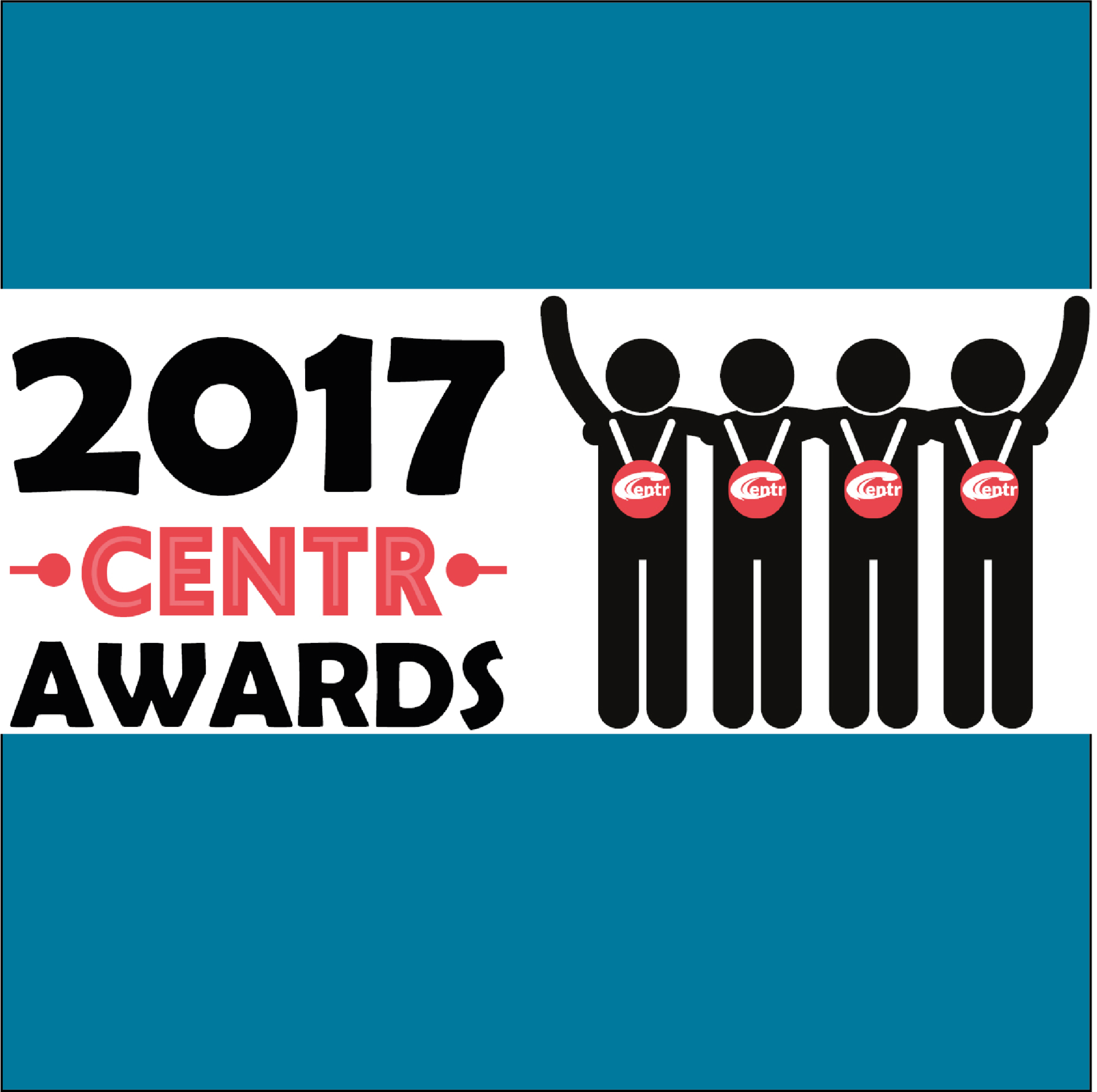On 3 October 2017, leading representatives of the European Internet economy met at the Bibliothèque Solvay in Brussels. They came together for the announcement of the CENTR Award 2017 winners. These are entities or persons who have rendered outstanding services in the categories of Safe and Sound DNS, Above and Beyond Innovation, Marketing Campaign Excellence, Greater Online Good and Contributor of the Year. The initiator of the two-yearly awards is the Council of European National Top-Level Domain Registries (CENTR).
This year, the nine-expert jury selected DENIC as the winner of the "Greater Online Good" category. Receiving this award recognizes the Cooperative's project of "Source code donation for internationalized domains in applications (IDNA2008)" as a valuable contribution to the common good of the Internet beyond the Registry community. Mozilla is the first provider to have included the enhanced code in its Firefox browser and Thunderbird mail client from version 45 onwards.
About the DENIC Project
"It was important to us that all the special characters that are defined in the IDNA 2008 standard can be displayed correctly by browsers and e-mail applications," said Marcos Sanz Grossón, head of research and development at DENIC. "With our source code donation we have enabled users from all over the world to utilise thousands of additional characters of their language scripts. And the Mozilla application certainly is just the beginning, we hope that other producers will follow soon."
DENIC contributed part of the code for version 45 of Mozilla's browser Firefox and the e-mail client Thunderbird, which was released in March and April 2016. Thanks to this donation, these programs, for the first time ever, now support – next to various other novel functions –certain special characters (Internationalized Domain Names, IDNs), such as the German letter "Eszett" (ß) in domain names and e-mail addresses.
Before, if a domain name or the domain name component of an e-mail address (i.e. the part after the [at] character) contained the letter "ß", this letter was automatically converted into the character string "ss". Since 2010, the Eszett has been a valid character for registering a .de domain. However, the practical usability was limited because support in web browsers and e-mail applications was not available until spring 2016.
Due to DENIC's source code donation, domains and e-mail addresses containing the German letter eszett can since then be used without restrictions in the aforementioned Mozilla programs because eszett is recognized as an independent character.
Eszett Is Not the Only Beneficiary
The users of other language families that are not based on the Latin character set will also benefit from the innovation coded by DENIC. For the first time ever, the entire spectrum of the Unicode characters has become potentially available. This means that Greek, Farsi or Sinhala speaking Internet users can now employ special characters of their languages that are important to them. Similar to "ß", which was replaced by "ss" in the past, the current Mozilla programs no longer resolve them through redirection but as independent characters in domains.
Already in 2010, the DENIC Cooperative made a first source code donation to assist the implementation of the IDNA 2008 standard. It sponsored Libidn 2, the open source library for IDN conversion operated under the free operating system GNU.
About CENTR
CENTR is an international association of country code Top Level Domain (ccTLD) registries, such as DENIC for .de. Organised as a not-for-profit company, CENTR supports the interests of the managers of the Top Level Domains. Since 2013, the CENTR Awards honour and promote innovation and provide a platform for committed staff of the registries to communicate and discuss best practices.
